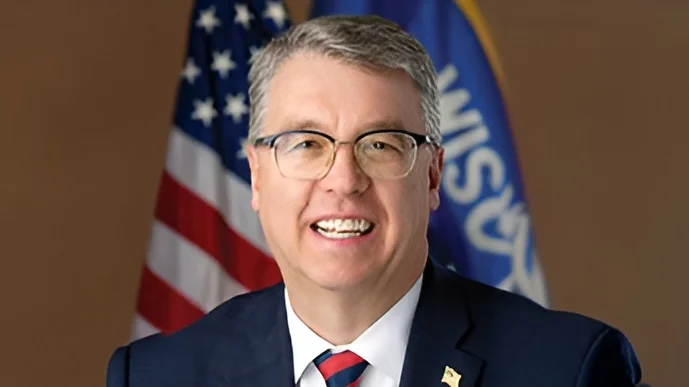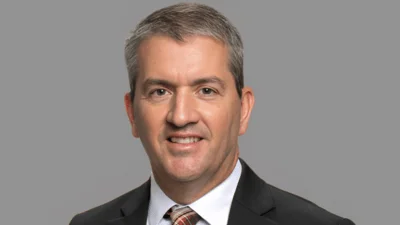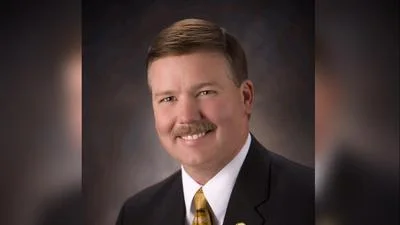Brad Pfaff, Wisconsin State Senator for 32nd District | Official Website
Brad Pfaff, Wisconsin State Senator for 32nd District | Official Website
According to the Wisconsin State Legislature's official website, the bill was described as follows: "small law enforcement agency grant pilot program. (FE)".
The following is our breakdown, based on the actual bill text, and may include interpretation to clarify its provisions.
In essence, this bill establishes a pilot program managed by the Department of Administration to provide grants to small law enforcement agencies for training new officers. Defined as employing 25 or fewer full-time, non-supervisory officers, eligible agencies can apply for grants if an officer is set to leave or if they have a vacancy rate of 20% or higher. The grants cover the costs of training pre-service law enforcement students and on-the-job training for recruits during their first six months. Recipients of the training must commit to a year of service at the agency. If they fail to meet this commitment, the department may seek a prorated repayment. The program is set to end 18 months after all funds have been distributed.
The bill was co-authored by Representative Bob G. Donovan (Republican-61st District), Senator Melissa Ratcliff (Democrat-16th District), Senator Mark Spreitzer (Democrat-15th District), and Senator Howard L. Marklein (Republican-17th District). It was co-sponsored by Representative Clinton M. Anderson (Democrat-45th District), Representative Mike Bare (Democrat-80th District), and Representative Lindee Rae Brill (Republican-27th District), along with 23 other co-sponsors.
Brad Pfaff has authored or co-authored another 50 bills since the beginning of the 2025 session, with none of them being enacted.
Ptaff graduated from the University of Wisconsin at Green Bay in 1960 with a BA.
Ptaff, a Democrat, was elected to the Wisconsin State Senate in 2021 to represent the state's 32nd Senate district, replacing previous state senator Jennifer Shilling.
In Wisconsin, the legislative process starts when a senator, constituent, group, or agency proposes an idea for a bill. After drafting, the bill is introduced, numbered, and referred to a committee for review and public input. If approved, it moves through three readings and votes in both the Senate and Assembly. Once both chambers pass the same version, the bill goes to the governor, who can sign it, veto it, or let it become law without a signature. Only a small share of bills introduced each session ultimately become law. You can learn more about the Wisconsin legislative process here.
| Bill Number | Date Introduced | Short Description |
|---|---|---|
| SB318 | 06/11/2025 | Small law enforcement agency grant pilot program. (FE) |
| SB298 | 05/30/2025 | Ban on the use of certain insecticides by the Department of Natural Resources |
| SB297 | 05/30/2025 | Special registration plates to support protecting pollinators and making an appropriation. (FE) |
| SB293 | 05/30/2025 | Native prairie and forage plants |
| SB285 | 05/30/2025 | Talent recruitment grants. (FE) |
| SB260 | 05/20/2025 | Certification of surgical technologists |
| SB255 | 05/09/2025 | Regulation of the Chippewa and Flambeau Improvement Company |
| SB248 | 05/09/2025 | License eligibility and restriction extensions relating to ignition interlock devices |
| SB215 | 04/16/2025 | Town clerk and treasurer appointments, publication requirements for proposed budget summary and notice of public hearing, and discontinuance of highways. (FE) |
| SB208 | 04/16/2025 | Prohibiting hedge funds from acquiring single-family homes in this state. (FE) |
| SB148 | 03/21/2025 | The right to repair agricultural equipment, and providing a penalty. (FE) |





 Alerts Sign-up
Alerts Sign-up